New Learning Times interviewed me about FreshEd in December 2017 and just released a transcript online. You can find the full interview here. Below is an excerpt where I talk about some of the dangers of podcasting.
What is so powerful about the medium of podcasting?
Podcasts are certainly powerful, but I’m not sure they are always beneficial. Yes, they provide a new medium through which ideas can circulate. And, yes, more digital content has been created because of the medium. One of the values of FreshEd has been to provide listeners with a wide range of voices, from PhD students to public intellectuals such as David Harvey. FreshEd has helped, in some small way I believe, introduce people interested in education to new ideas. Personally, before FreshEd, I never heard of the Opt-Out Movement, thought about German right-wing extremism, or watched El Chavo del Ocho.
But, there are many dangers. Are podcasts yet another online distraction contributing to serious cognitive impairments? Are we, in some anti-Freirean way, oppressing ourselves by believing we can fill our brains with knowledge through podcasts instead of deep critical engagement with ideas? And are we learning to be capitalist consumers who accept sponsored content and advertising without question? The trouble with podcasts, in short, is that they do not allow the listeners to speak back, challenge ideas, or engage in critical discourse. It is a passive medium that may reproduce the status quo.
I’m deeply aware of these dangers and struggle everyday with navigating FreshEd through this political and ethical minefield. Some episodes of FreshEd, for instance, have used advertising and sponsored content as a way to pay the costs of running the show. However, my team and I have decided to stop these practices precisely because we don’t want FreshEd to be co-opted by powerful interests.
Moreover, we have spent the last few months discussing ways to engage listeners and focus on topics they feel are important. We have been self-critical of our Western-centric (primarily United States) focus thus far (70% of our listeners live in the USA, Canada, the UK, or Australia) and have developed a strategy for including what Raewyn Connell calls “Southern Theory.” Will this work? I don’t know. Maybe FreshEd will flop like my other ventures in 2008 and 2009. But I’m optimistic because members of the FreshEd team who, despite never being in the same room, have an energy and passion for the future.
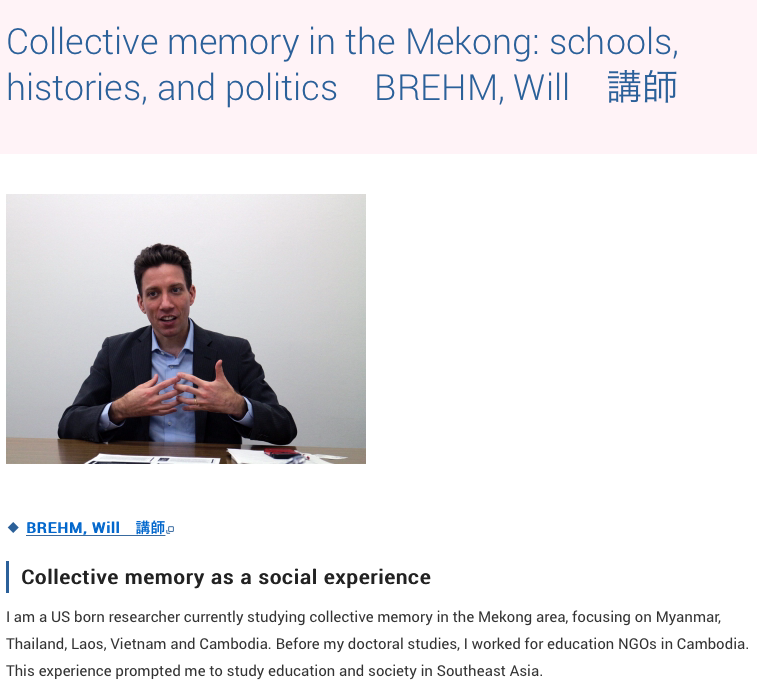 Some of my research was recently profiled at the Waseda Institute for Advanced Study, where I currently work. The write up, based on an interview I gave, is a pretty good overview of the project I’m working on with a handful of colleagues in Southeast Asia, Europe, and America.
Some of my research was recently profiled at the Waseda Institute for Advanced Study, where I currently work. The write up, based on an interview I gave, is a pretty good overview of the project I’m working on with a handful of colleagues in Southeast Asia, Europe, and America.
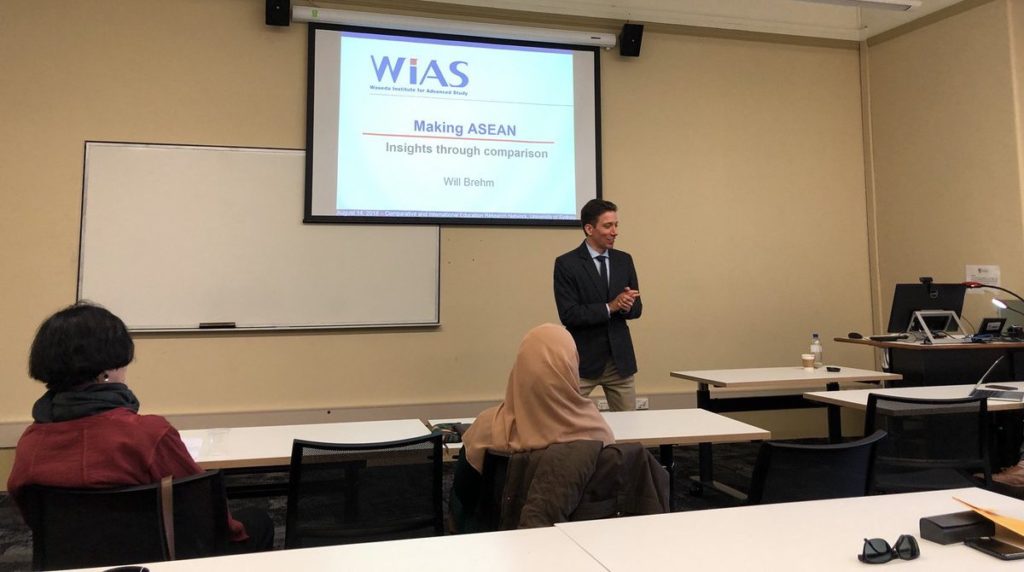 Yesterday I gave a talk at the Comparative and International Education Research Network, organized by
Yesterday I gave a talk at the Comparative and International Education Research Network, organized by 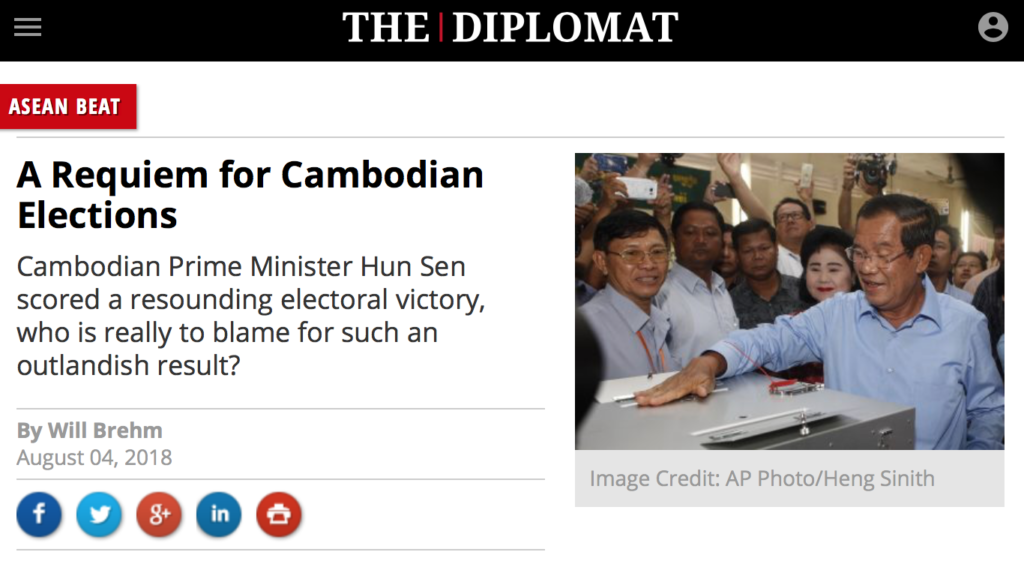 After the 2018 Cambodian national elections, there was much ‘Western’ media attention on the death of democracy in the small Southeast Asian nation. Here’s one exemplar piece entitled “
After the 2018 Cambodian national elections, there was much ‘Western’ media attention on the death of democracy in the small Southeast Asian nation. Here’s one exemplar piece entitled “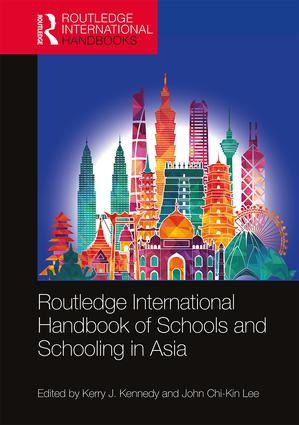 My latest piece was just published in the
My latest piece was just published in the 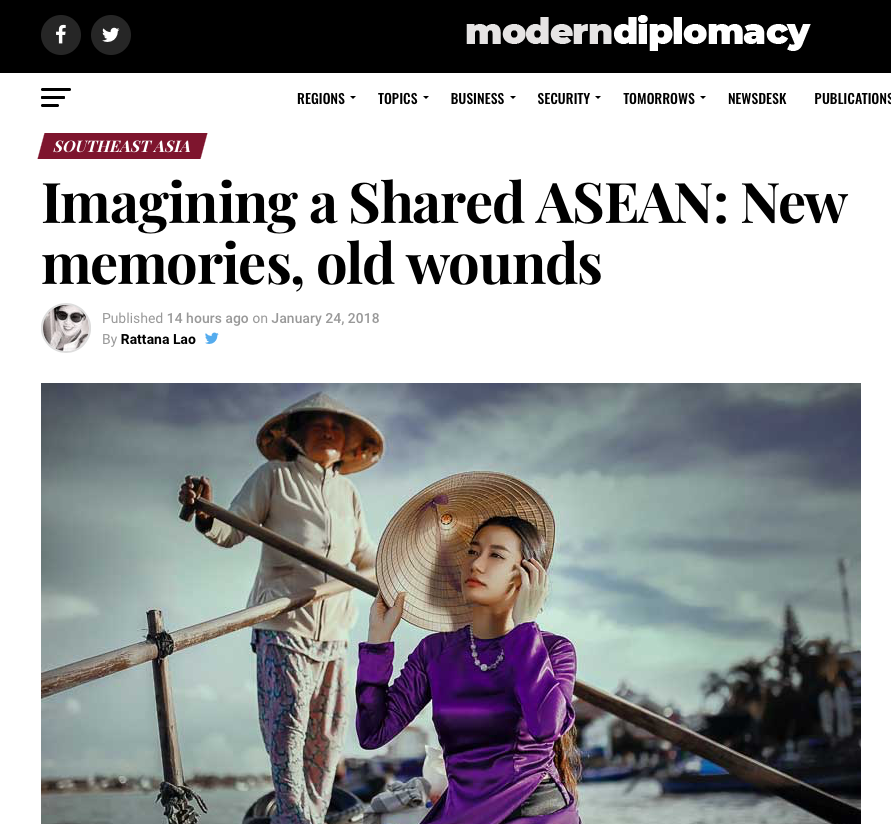
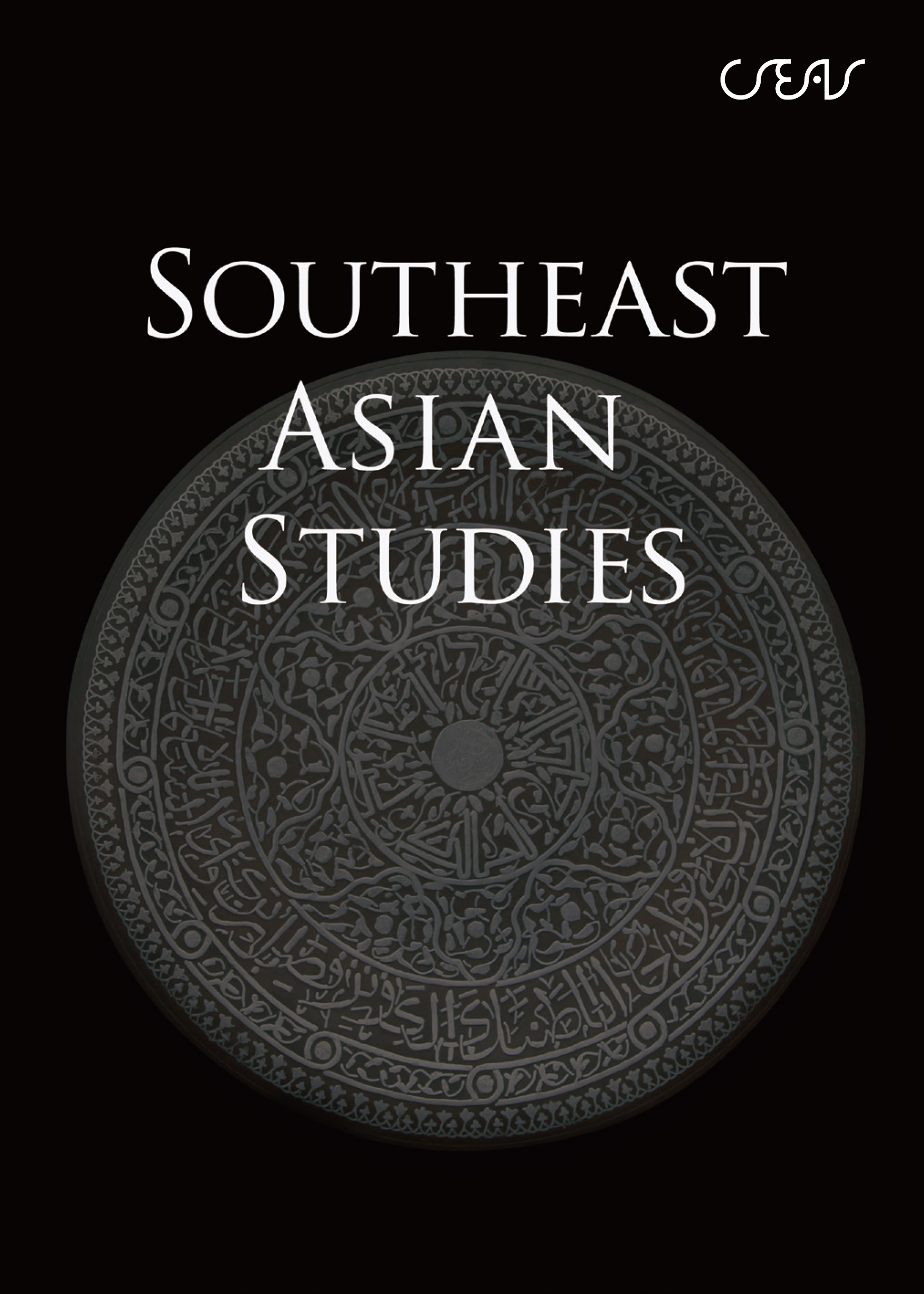 My latest piece was published today in
My latest piece was published today in 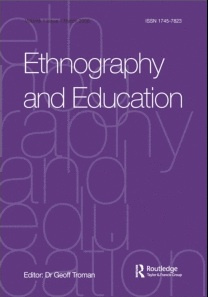
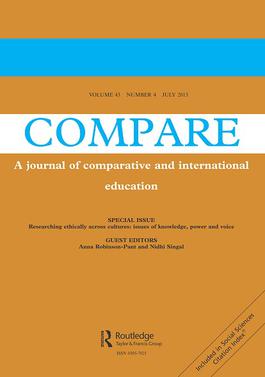 My new co-written article is out! The paper examines the Civil Society Education Fund’s (CSEF) impact on the non-governmental organisation education partnership (NEP) in Cambodia. With financial backing from the World Bank and the Fast Track Initiative, the CSEF is an initiative that is managed internationally by the Global Campaign for Education. Its goal is to help national networks of non-governmental organizations participate in education decision-making and to serve as a watchdog for progress related to internationally agreed upon goals. Through the CSEF, the deployment of various strategies, and other external factors, the NEP was able to able to achieve recognition, legitimacy and in uence at the national level. However, the NEP has had to balance working with the state and working for the state. This case study highlights strategies used by civil society actors to engage state actors, the e cacy of international support, and the con icts inherent in both.
My new co-written article is out! The paper examines the Civil Society Education Fund’s (CSEF) impact on the non-governmental organisation education partnership (NEP) in Cambodia. With financial backing from the World Bank and the Fast Track Initiative, the CSEF is an initiative that is managed internationally by the Global Campaign for Education. Its goal is to help national networks of non-governmental organizations participate in education decision-making and to serve as a watchdog for progress related to internationally agreed upon goals. Through the CSEF, the deployment of various strategies, and other external factors, the NEP was able to able to achieve recognition, legitimacy and in uence at the national level. However, the NEP has had to balance working with the state and working for the state. This case study highlights strategies used by civil society actors to engage state actors, the e cacy of international support, and the con icts inherent in both.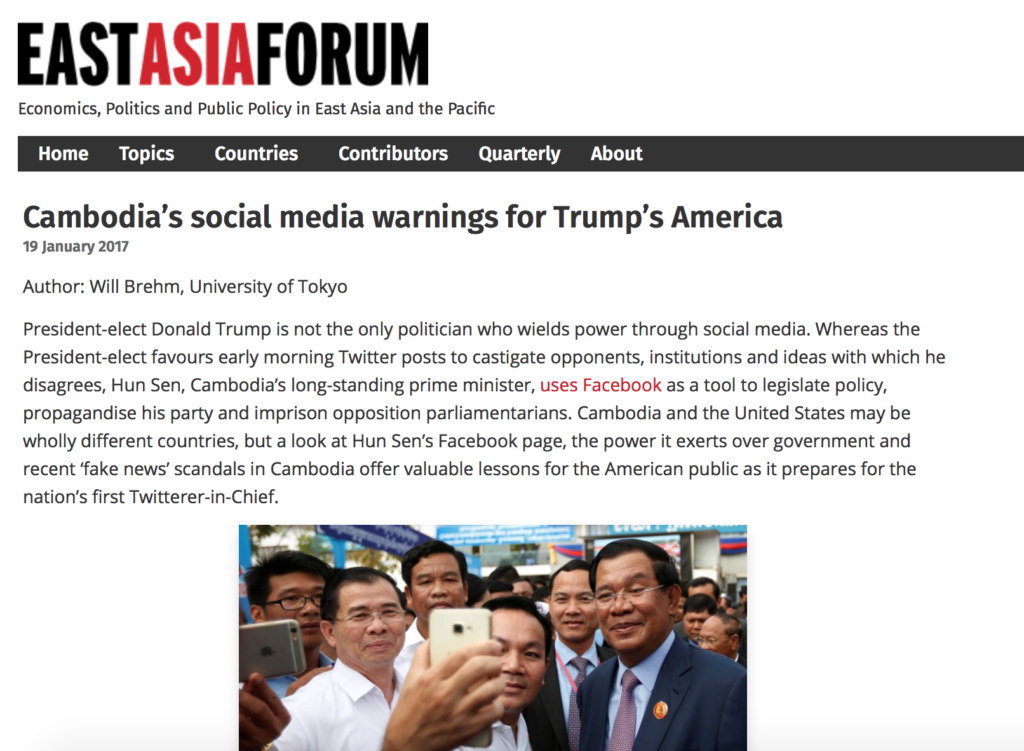 President-elect Donald Trump is not the only politician who wields power through social media. Whereas the President-elect favours early morning Twitter posts to castigate opponents, institutions and ideas with which he disagrees, Hun Sen, Cambodia’s long-standing prime minister,
President-elect Donald Trump is not the only politician who wields power through social media. Whereas the President-elect favours early morning Twitter posts to castigate opponents, institutions and ideas with which he disagrees, Hun Sen, Cambodia’s long-standing prime minister,